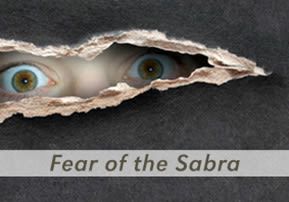
Fear of the Sabra
Many Westerners don’t make Aliya because they’re afraid of the Israeli character, sharp and piercing like the needles of the sabra, the famed Israeli cactus. But on the inside…

Since moving to Israel, our kids have learned to prefer blunt honesty to sweet manipulation.
Sam: Hi Dov. Do you mind if I ask you some questions about your Aliyah? I hope you won’t mind if I’m blunt.
Dov: No problem, Sam. That’s the Israeli way, direct and to the point. Fire away.
Sam: I’ve heard its murder to get your kids into school… there’s so much discrimination against spoiled and materialistic Americans. Is it true?
Dov: My nine year old daughter was accepted right away into the school we preferred best. I’m sure it helped that we had recommendations from her teachers and our Rabbi in America. Our 15 year boy didn’t want an American style Yeshiva so he applied to a very tough Israeli Yeshiva and was accepted on the condition that I hire a tutor to help him catch up on his Hebrew. No one there spoke a word of English, including his teachers. Within a month, my son, who is of average intelligence, was speaking Hebrew.
Sam: That’s amazing. But what was it like for him socially. I’ve heard that the Israeli kids tease mercilessly.
Dov: It’s true that at first he was teased quite a bit, but we were able to use this as a way to teach him about Emunah and talking to Hashem. He started speaking to Hashem for 10 minutes a day. He asked Hashem to help him get through the test. Then he made a list of what he thought Hashem was telling him through the bullies. He wrote: Hashem doesn’t want me to be worried about how many people like me; Hashem wants me to have more self-esteem and Hashem wants me to accept insults without getting angry.
Soon after this, the main bully pulled him to the side and said: “I hope you know that we don’t mean anything by it. The kids were teasing you more because you were getting angry. We were surprised that it bothered you; you’re just supposed to accept it – we all got it at one time. Everyone here really likes you and thinks you’re a cool kid. Soon after that, our son made lots of new friends. They began to appreciate him for his differences and included him in their barbecues and Thursday night chaboros (youth group meetings). He fell in love with Rabbi Brody and made him his spiritual guide.
Sam: But why do they have to act that way. Why don’t they have better manners?
 Dov: My dear Sam, you’re still thinking like an American. This type of bullying has a different quality to it. It’s part of an Israeli mentality that keeps them tough and vigilant. It’s just a way that Israeli teenagers initiate new members into their culture. Eventually our kids have learned to prefer blunt honesty to sweet manipulation. My son has also grown a lot in his learning because he has had to push himself to keep up with the higher level of his peers. And since he doesn’t have many material distractions here, it’s made him smarter. The Gemora itself says that the air of Jerusalem makes one smarter.
Dov: My dear Sam, you’re still thinking like an American. This type of bullying has a different quality to it. It’s part of an Israeli mentality that keeps them tough and vigilant. It’s just a way that Israeli teenagers initiate new members into their culture. Eventually our kids have learned to prefer blunt honesty to sweet manipulation. My son has also grown a lot in his learning because he has had to push himself to keep up with the higher level of his peers. And since he doesn’t have many material distractions here, it’s made him smarter. The Gemora itself says that the air of Jerusalem makes one smarter.
Sam: I’ve heard that making Aliyah cannot come without hardship. Why should I deliberately bring hardships upon myself? Most of the Jews that made Aliyah did so only because they had no choice. Nobody is forcing me.
Dov: The Torah says that there will be difficulties in moving, but it doesn’t specify how difficult they will be. The first immigrants to Israel were willing to live in tents and tin huts in order to escape antisemitism and pogroms. Today one who makes Aliyah is treated to housing incentives, tax-breaks, job-training, free Hebrew classes, free air fare for the family and even a monthly financial stipend for each child.
The issue of choice is more complicated. There are big changes happening fast in the world right now – Rav Arush says that your coming to Israel now is a real necessity. The prophets warn that, as we come closer to Mashiach, we are not safe outside of the Land.
Rebbe Nachman has said that the very essence of Israel is Emunah; and that in order to be a true member of the Jewish people, one must keep moving up to higher and higher levels of Emunah . This, says the Rebbe, is impossible except through the sanctity of the Land of Israel.
Sam: There’s no denying that Israel is a land of Holiness and miracles. But on a practical level how do you stay so calm. I would worry, for example that my kids would hang out more in Israel. I’ve heard that because the living conditions are more cramped, the kids get cabin-fever and run a little wild. After-all they can just hop on a bus and go wherever they want.
Dov: My dear Sam, I am calm because I don’t have to think about all the questions that occupy your mind. I trust in what my Rebbe tells me which is that Israel is where I belong, so my mind is at rest knowing that it’s better for me here. Since 1948, 2.5 million of us have come here. God has helped us to find work, raise our families and lend our talents to building up this country.
Yes our kids ride the buses and are more independent, but we see advantages in it. Let me tell you a story: One night, when I first came, I was on a bus traveling from Beit Shemesh to Maale Adumim. I needed to switch buses at the central bus station. I had five heavy bags with me. Next to me was a big 12 year old boy. He didn’t speak English but understood where I needed to go. As I was getting off, I saw him quickly grab the three heaviest bags. He motioned for me to follow him. He took me all the way to the place I needed to be to catch my next bus. Relieved, I turned around to thank him and he was gone. Has that ever happen to you in the US? We’ve only been here a year and I can tell you a dozen stories like that. Life here is more colorful and real. We feel a reciprocal love and responsibility for each other which crosses religious and economic lines. Living in Israel, one has the secure feeling that we’re working together on something far greater than ourselves. What are you waiting for? Just come and join us. Don’t be afraid of the prickly sabras.




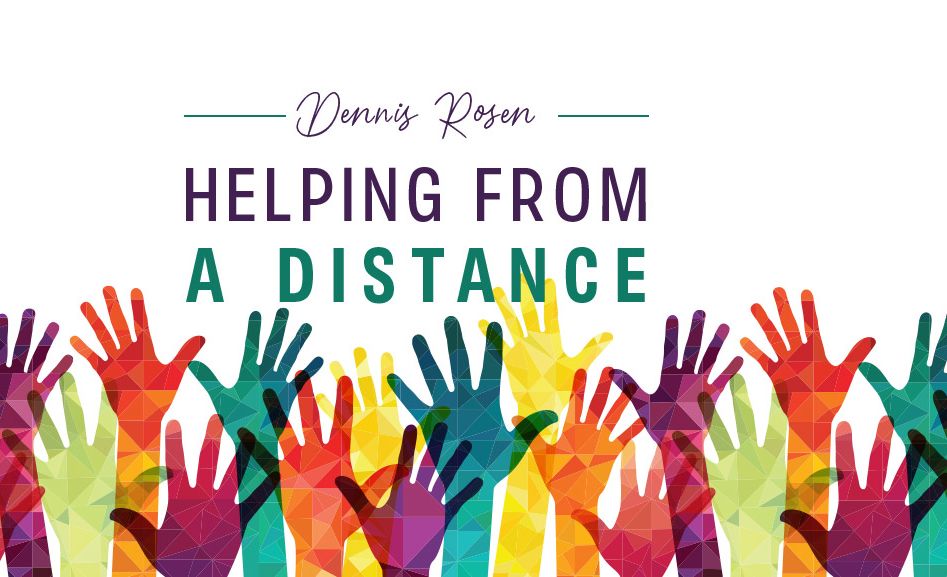

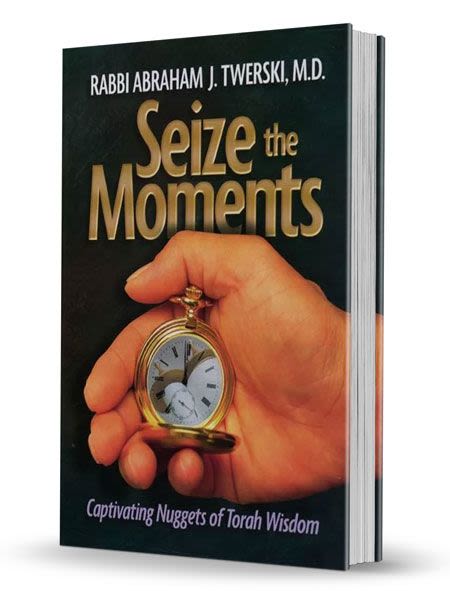
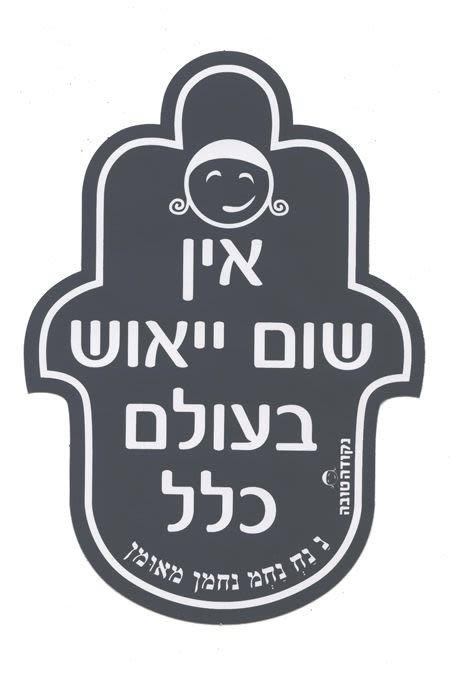

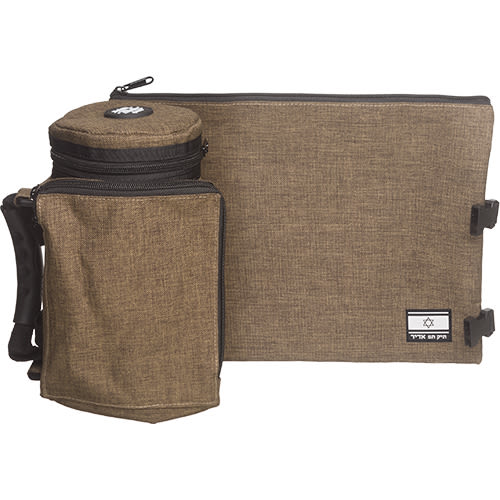
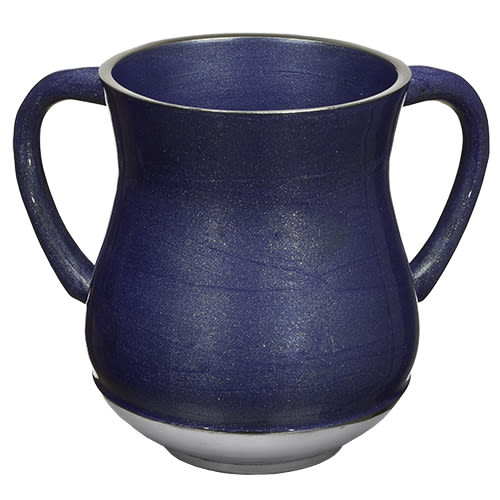

2/06/2012
an appreciater of this website I lived in Israel for 5 years and experienced the "dugri" culture. I think calling the Western way of expression "sweet manipulation" as a contrast to dugri a negative generalization. I think Israelis can learn much from American Jews and that Americans do not need to dump the baby out with the bathwater once they hit Israel.
2/06/2012
I lived in Israel for 5 years and experienced the "dugri" culture. I think calling the Western way of expression "sweet manipulation" as a contrast to dugri a negative generalization. I think Israelis can learn much from American Jews and that Americans do not need to dump the baby out with the bathwater once they hit Israel.